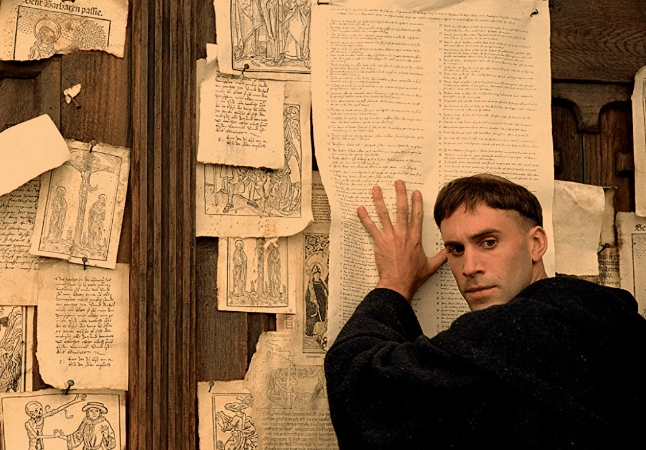In 1517, Martin Luther, a German monk and theologian, wrote and published his Ninety-Five Theses, sparking the Protestant Reformation. This event had a profound impact on the religious landscape of Europe and beyond. Let’s examine the key ways in which Luther’s Ninety-Five Theses shaped the Reformation.
Challenging the Authority of the Catholic Church
Luther’s Ninety-Five Theses challenged the authority of the Catholic Church and its teachings, particularly regarding the sale of indulgences. This sparked a larger debate about the role of the church and the validity of its practices.
Promoting Individual Interpretation of the Bible
One of Luther’s key beliefs was that individuals should be able to interpret the Bible for themselves, rather than relying solely on the teachings of the church. This idea of individual interpretation was a major departure from traditional Catholic doctrine.
Inspiring a Movement of Reform
The publication of the Ninety-Five Theses inspired a movement of reform within the Christian church. Luther and his followers sought to address issues of corruption, abuses of power, and theological disagreements within the church.
Spreading Ideas Through Printing Press
The printing press played a crucial role in spreading Luther’s ideas and the Ninety-Five Theses throughout Europe. This new technology allowed for the rapid dissemination of information, fueling the growth of the Protestant Reformation.
Dividing Christianity
The Protestant Reformation led to a division within Christianity, with Protestantism emerging as a distinct branch of the faith. This division had lasting implications for the religious and political landscape of Europe.
Legacy of Luther’s Ninety-Five Theses
The impact of Martin Luther’s Ninety-Five Theses can still be felt today. The Protestant Reformation paved the way for new interpretations of Christianity, religious diversity, and the separation of church and state.
In conclusion, Martin Luther’s Ninety-Five Theses had a profound impact on the Reformation, challenging the authority of the Catholic Church, promoting individual interpretation of the Bible, inspiring reform, and ultimately dividing Christianity. Luther’s legacy continues to shape the religious landscape of the world.

